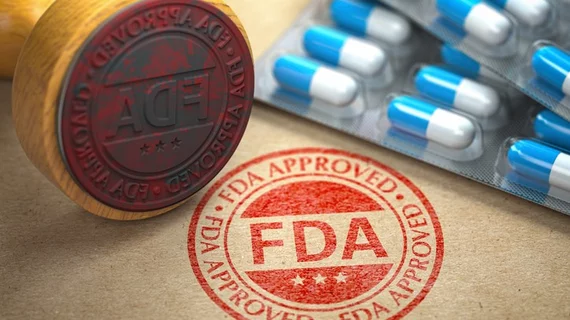FDA clears ‘world’s first’ ultrawide-bore MR for imaging obese or claustrophobic patients
The U.S. Food and Drug Administration has cleared what manufacturers believe to be the “world’s first” ultrawide-bore MR machine made for imaging bariatric patients.
United Imaging announced the approval on Tuesday, touting its uMR Omega system’s 75-centimeter bore. The firm claims this is the widest such opening on the market at any field strength, offering radiologists an avenue to serve a “wide range of patients,” according to a May 26 announcement.
"We intimately understand the anxiety that individuals can experience while undergoing an MRI, as well as the physical limitations of MRI machines today that can make a potentially lifesaving study inaccessible,” Abram Voorhees, vice president of magnetic resonance at United Imaging, said in a statement. “UMR Omega was created to remove the obstacles that often limit access for patients.”
United—with a U.S. headquarters in Houston—said the machine has a 680-pound capacity, and its faster scanning times make the device ideal for imaging senior, pediatric or claustrophobic patients who cannot sit still for long periods of time. The “ultra-fast,” five-minute stroke protocol and cardiac imaging features also make the system suitable for acute care in the emergency room, the firm noted.
Founded in 2011 in Shanghai, United Imaging said the U.S. is the first in the world to receive its new uMR Omega system.

